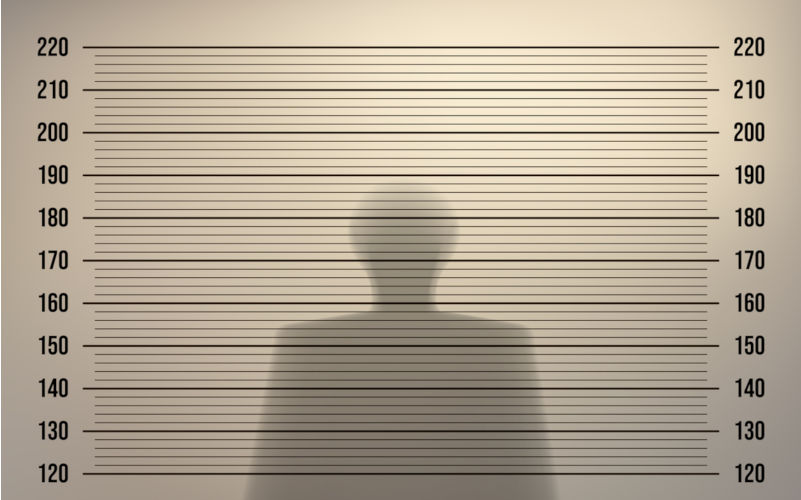No, Minister. It’s you who should be in court
May 10, 2024
Even good minds can get criminal justice wrong, but usually for only so long.
Several years ago, a veteran magistrate was speaking over lunch with a bunch of us criminal-law practitioners.
Inevitably, the judicial colleagues came in for some free and frank character analysis, but the most telling comment was about a relatively recent arrival on the Bench, who had just been given responsibility for the children’s court.
The practitioners only half-joked that, the way this magistrate had begun dealing with bail and sentencing, the kids’ prison would soon overflow.
“They’ll learn,” said the old hand of the new magistrate. And learn that magistrate did, in pretty quick time. Less than a year later, equilibrium had returned. It proved impossible to ignore the facts and circumstances of each case. These young Australians had been exposed to such disadvantage, deprivation and, yes, depravity, that the magistrate quickly saw that jailing them was failing us all. They’d been punished in unimaginable ways before they committed the crimes that brought them to Court.
But, as previously argued, the Courts can do only so much.
Parliaments remain sovereign. It’s just a pity they contain so many right royal fools, at least when it comes to “law and order”.
The Australian Bureau of Statistics has released data showing the number of people in prison in Australia increased 3 per cent in 2022-23, but with the number of First Nations people in prison up by more than double that, at 7 per cent.
Forty per cent of those in prison had not been sentenced. These people have either pleaded guilty (and are going through the court process of formal pre-sentence report writing) or have pleaded not guilty (and are waiting to contest their charges) or have entered no plea (and are awaiting legal advice or a mental-health or other assessment). They should be kept separate from sentenced prisoners but, even in the supposed human-rights exemplar that is the ACT’s Alexander Maconochie Centre, this doesn’t happen. Only this last week, I had a young client on remand put in the wrong section, where, he instructs, he was subject to sexual harassment and physical threat.
The ABS figures prove that you reap what you sow.
In late 2022, then Queensland Premier Annastacia Palaszczuk, under a headline “Tough laws made even tougher” trumpeted “a suite of increased penalties, led by 14 years’ prison for “violent juvenile car thieves”.
The press release declared that the Premier “said the community had been heard”.
The last four paragraphs of the three-page release gave Children and Youth Justice Minister Leanne Linard a guernsey. She noted that the more than two dozen programs to divert children from crime would continue and that “there is no one-size-fits-all solution”.
Too right, but then, sounding just like a police minister, she reverts to the script, “The total number of cases where a young person has been refused bail at their first appearance has risen from 377 in 2017-2018 to 585 in 2021-22.”
Good news, eh?
Too many state-government ministers equate bail (a decision balancing the liberty of a citizen, who retains the presumption of innocence, versus the protection of the community, pending the resolution of criminal allegations) with sentencing (punishment after a finding, or plea, of guilt).
It won’t surprise you that the ABS recorded an increase in the Queensland prison population in 2022-23.
NSW had a decrease, though, given the recent rhetoric of Premier Chris Minns, endured the decrease might be the appropriate verb.
Minns, it seems, is out to do his best to have an increase, announcing in March this year, as The Guardian put it, “sweeping new laws that would make it harder for teenagers to get bail”.
His first law officer, Michael Daley said he was concerned more young people would be locked up but maintained the government had no choice.
“If there was another option available to us today, to keep these children safe, we’d take it. But there isn’t,” he was quoted as saying.
Law Society president Brett McGrath said the bail changes were being introduced “in the absence of any meaningful input” from experts and the chief executive of the NSW Aboriginal Legal Service Karly Warner said the move was “a betrayal of everything” promised under the banner of Closing the Gap.
Rather than making eerie echoes of Russ Hinze and Rex Jackson, state-government ministers would do better to spend a morning down at their local court.
Sit in a general list and have a listen to the stories of the kids being brought up from the cells. Have a word to the Aboriginal liaison officers, the lawyers and the cops.
Or, minister, if it’s too hard to do anything than read papers that come on to the desk, try these:
Jailing Is Failing - Justice Reform Initiative | Jailing Is Failing
For more on this topic, P&I recommends:
https://publish.pearlsandirritations.com/australian-politicians-lock-more-people-up-for-longer/

